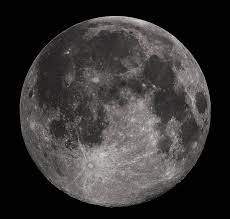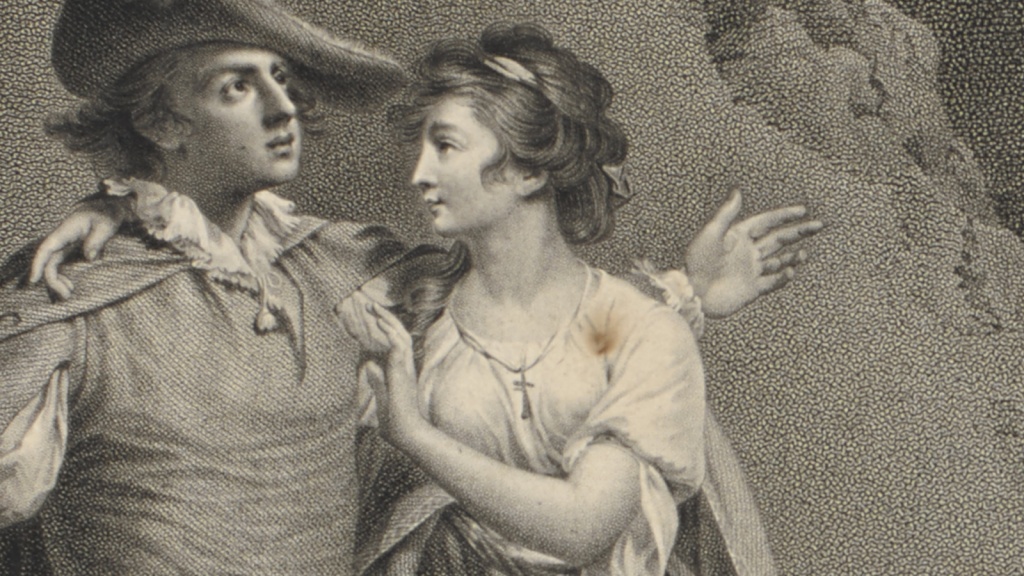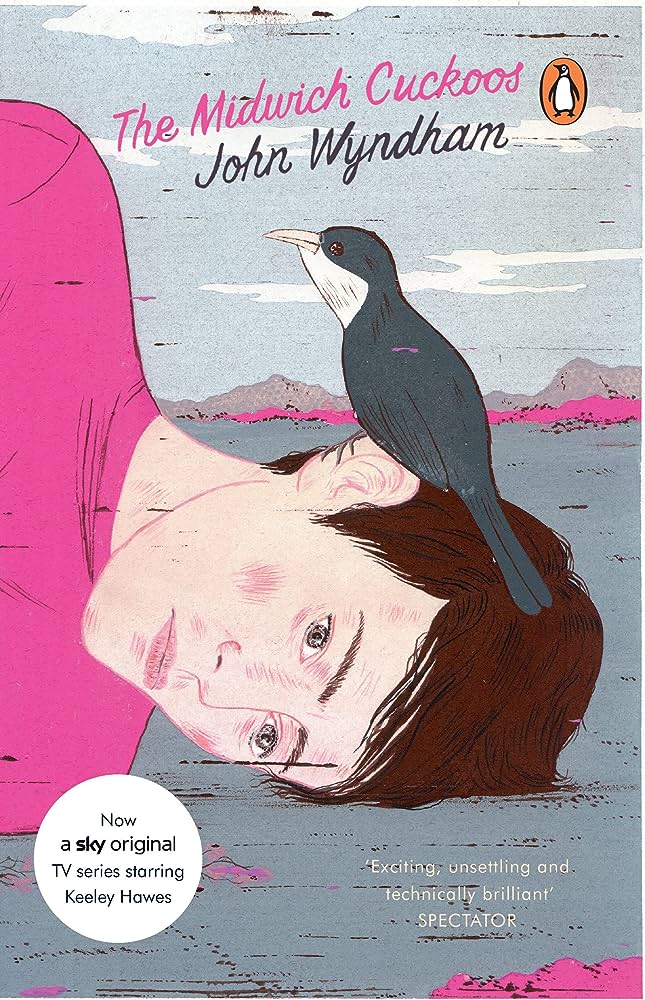Jumping On The Bandwagon
With the release of Dune Part Two, I’ve decided to blog about how things Dune related tend to end up stressing me out; sometimes for literary reasons, sometimes my own stupid fault. A long, long time ago, the late nineties to be not that precise, I acquired a copy of Dune; a second hand paperback, published in 1987. I knew this was considered a classic science-fiction novel and I planned on reading it at some point.

These were the days before you automatically checked the internet for information, therefore I had no real idea of what Dune was about, or that there was more than what I saw at face value. As it was, it took me a while to realise it was the first of a series of books. I have no problems with a series of novels, but because I am an “all or nothing” type of chap. I knew if I started this I was going to be in it for the long run and so, as I had other things I was reading at the time, put it to one side.
Time passed. I read loads and then moved to Ireland. In the move, I was only able to take some of my books and so my copy of Dune ended up in a box at my parents’ house. It was there waiting for me so I wasn’t going to buy a new copy, but as it was in another country. When I visited home I had other things on my mind than routing through old boxes, and my To Read Pile was big enough as it was
Time passed. I read loads and eventually moved back to England. On my return I was able to finally put together the two parts of my library (the books I had in Ireland and those I’d left behind). In doing so I found all sorts of interesting things, including my copy of Dune.
Looking at the Wikipedia page there are five further books written by the original author, Frank Herbert. The full series is:
Dune (1965)
Dune Messiah (1969)
Children of Dune (1976)
God Emperor of Dune (1981)
Heretics of Dune (1984)
Chapterhouse: Dune (1985)
Then there is all the other stuff, it had become a whole universe. Not only were there loads of short stories and comics by Herbert, but after his death in 1986, his son Brian Herbert, along with Kevin J. Anderson, wrote more, a lot more; prequels and sequels. Just looking at in-universe lists is somewhat overwhelming. For someone like me, this was very stressful; where do I stop? I don’t have the time, or wall space, for all of this. Stress number one. But is does raise a question, at what point dose all this universe building put people off? I’ll be coming back to that.

It was on a trip to Helsinki that I finally got around to reading this now long-overdue novel, and I loved it. The story gripped me to the point I was missing out on seeing the Nordic city I had gone there for. In the long hours of light, I stayed up late to read and read. I got a boat across to Suomenlinna and nearly stayed onboard when we got there, I hadn’t noticed. And then… I always get to an airport earlier than I need to. I’ll happily be in the departure lounge hours before it’s required; and so on my return, I did exactly this. I was safe, I was at the gate, nothing could go wrong. I could relax and just read. I was nearly finished at this point, knowing I would probably complete the book on the plane home. I read and read. I read some more, I had lost all awareness of what was going on around me. As I began to feel the remaining pages reduce I looked up. How had I read so much? I was early, but not THAT early? I looked at the clock. It was one hour after my flight had been due to depart.
I absolutely can lose all track of the world around me, but this seemed excessive. How had I missed the call for the flight? The queues for the gate? I had checked in, had my name been called over the tannoy? How had so much time passed and I hadn’t noticed? I was angry with myself, and quite fairly I thought, I blamed Frank Herbert! Stress number two.
I mean, there are far worse places to be stranded than Helsinki, in fact, I rather like the city and hadn’t really wanted to come home, but it is expensive.
Standing up, I realised I needed to do something about this and so went to find someone who worked for the airline. I asked about my flight and was quickly pointed to one of the displays. The flight had been delayed, and the plane hadn’t even arrived yet. I’d not missed my way home, but even so, if they had announced this I’d been so engrossed that I’d not heard. I genuinely believe that had the plane left I wouldn’t have noticed. I remember nothing of sitting in that departure lounge, other than Arrakis.
Obviously, I was enjoying what I was reading. The story and characters are compelling and the world created is huge, it’s no surprise there is so much space for all these extra stories. It’s inviting as not only is the universe big, it’s so clearly defined.

The problem was now I had read the first, was I committed? It felt like it. However, I decided I wanted to read something else and would decide if I would take up the next novel, Dune Messiah, later. I got busy again and more years passed. All that time I felt like I was a fraud. Yes, I’d read the first novel, but until I’d read more I couldn’t tell anyone, I’d only done one-sixth of the job! I was a cheat! People who knew what they were talking about would roll their eyes and think, ‘He’s one of them.’ Oh, the shame!
And then I heard they were making a new film. As stated elsewhere, I don’t like watching adaptions if I’ve read the book. I don’t see how changing the format can do it justice, so much has to be missed or restructured. (But if anyone wants to make a film of my books, I’m up for it, just show me the money!) I also don’t like what I saw in my head being replaced with new images. For this reason, and others, I hadn’t watched the 1984 David Lynch version and I’d decided that I wouldn’t this new version either, until everyone I know told me I was wrong, that I really needed to see this. They had persuaded me to a degree. If I didn’t, was I missing out? More than this, because it had been some years since that trip to Finland, how much did I actually remember? Did I need to read it again, just to preserve my own personal version of this story, before these new images were put in my mind? These are things I do worry about, so, stress number three.
I did watch the first part, and I enjoyed it. As much as the imagery is spectacular, I didn’t feel it was telling me what remembered was wrong. And so I went to see Part Two, just as good. Have my life’s principles been wrong? More stress.
And now I have to decide on the other books. But as they are books, I will need to read Dune again first as the films won’t have all the detail I need – this is spiralling out of control. Dune is a great book, but it’s very stressful.
Follow My Blog
Get new content delivered directly to your inbox.




